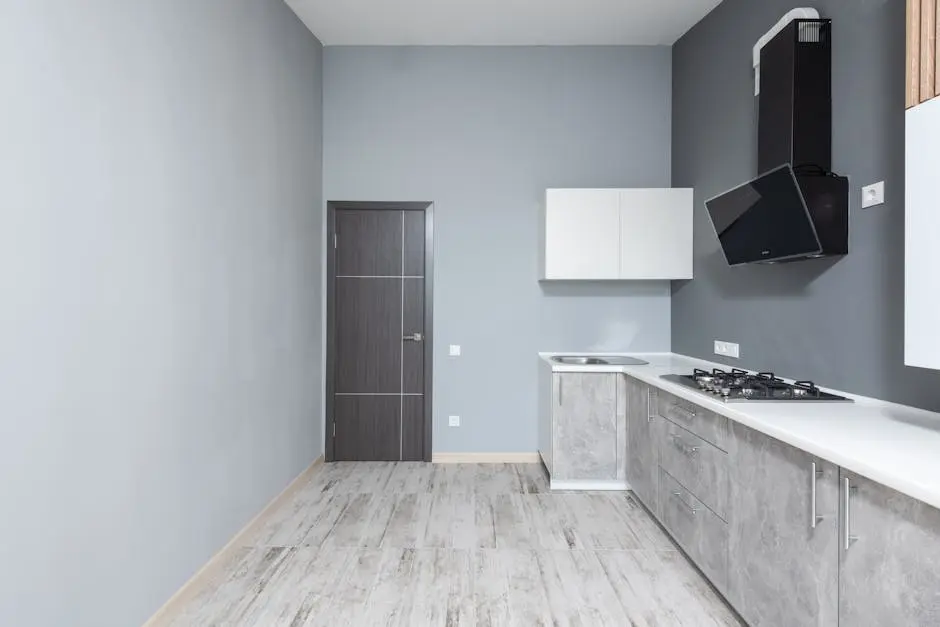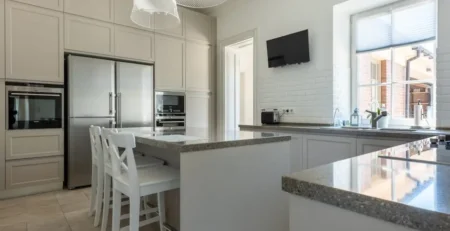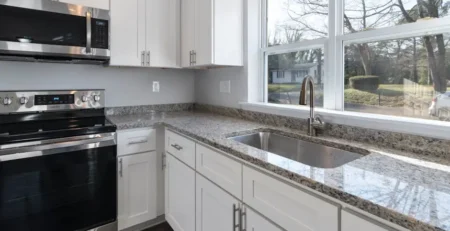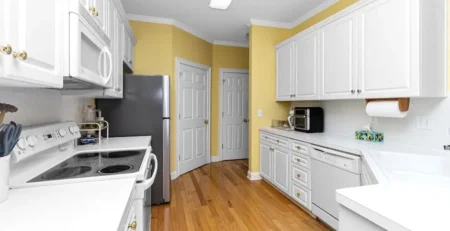How Do Granite Countertops Compare to Other Materials?
Choosing the right countertop for your kitchen or bathroom can be a daunting task with so many materials available. Granite countertops are a popular choice, but how do they stack up against other options? Let’s break it down step by step to help you make an informed decision.
Understanding Granite Countertops
Granite countertops are made from natural stone, offering unique patterns and colors. They are well-known for their durability and ability to withstand heat, making them a popular choice for kitchens.
Each granite slab is unique, making it a great option for those who want a one-of-a-kind kitchen. Its composition naturally resists scratches and heat, allowing for hot pans to be placed directly on the surface without fear of damage. The dense nature of granite also helps to resist bacteria, keeping your kitchen hygiene in check.
However, it’s important to note that granite is porous, thus requiring periodic sealing. This protects it from potential stains, especially from acidic substances like wine and citrus. Additionally, though granite is tough, it’s not entirely immune to chips or cracks, particularly at the edges.
Comparing Granite to Quartz
Quartz countertops are engineered from natural quartz and resins. They provide a uniform look and require less maintenance compared to granite, but they may not match the natural beauty of granite.
One primary benefit of quartz over granite is its non-porous nature. This quality means quartz does not require sealing and is more resistant to staining. However, while quartz offers a wide range of consistent color options, it lacks the intricate patterns found in natural stone like granite.
Additionally, quartz may not withstand high heat as well as granite does. Sudden changes in temperature can potentially damage quartz surfaces. This is something to consider if you frequently use your countertops for cooking.
Granite vs. Marble: What’s the Difference?
While both are natural stones, marble is generally softer and more prone to staining than granite. Granite offers a more rugged, durable option, making it a better choice for high-traffic areas.
Marble is often celebrated for its classic and timeless appeal, lending a touch of luxury and sophistication to any space. However, it’s more susceptible to etching and scratches due to its softer composition. For homeowners looking for a more refined, but less durable option, marble might appeal to those with specific design preferences.
Unlike granite, marble is highly susceptible to acidic substances, such as lemon or vinegar, which can leave permanent marks. While these marks can often be polished out, they require more frequent maintenance compared to granite.
The Cost Factor
Granite can be more expensive than other materials like laminate or tile, but it’s often considered a long-term investment due to its durability and classic appeal.
In comparison, materials like tile or laminate might appeal to budget-conscious homeowners due to their lower upfront costs. However, these options may need more frequent repairs or replacements over time, potentially adding to their overall costs.
At Upfront Remodeling, we offer a competitive pricing structure for our granite countertops, ensuring that your investment is both sound and stylish.
Maintenance Considerations
Granite requires regular sealing to prevent staining, while materials like solid surface countertops may require less upkeep. The level of maintenance you are willing to handle should inform your decision.
That being said, caring for granite is relatively straightforward. Sealing should be done annually and can be part of a DIY project for homeowners. Cleaning involves using mild soap and water, steering clear of harsh chemicals that could damage the protective seal.
Other materials, such as solid surfaces or laminate, tend to stain easily but are simpler to maintain in terms of daily cleaning due to their smooth, non-porous surface.
Final Thoughts on Choosing Countertop Materials
When it comes to choosing a countertop material, granite stands out for its natural beauty, durability, and variety. While it has its downsides, such as maintenance and cost, it’s a reliable and timeless choice. Ultimately, the best material for you will depend on your specific needs and budget.













Leave a Reply